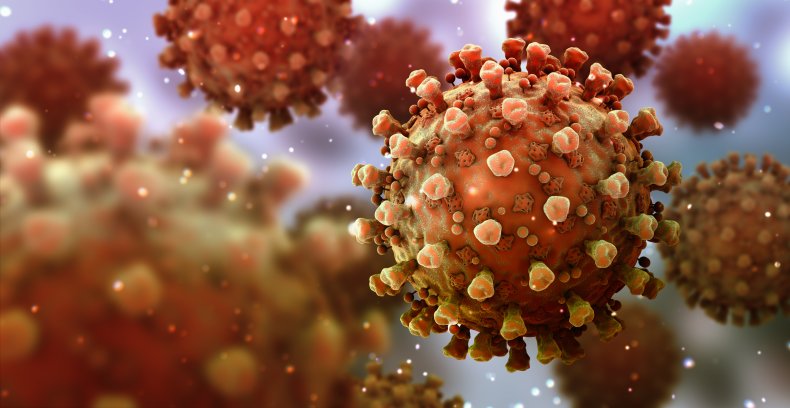A third of North Dakota’s total confirmed coronavirus cases have been recorded in the last three weeks, with almost 6,000 cases being reported since the start of September.
This month has also seen a a new monthly record for COVID-19 fatalities, with 45 deaths since September 1. This is two more than the previous highest monthly recorded in May.
In total, North Dakota has had 17,958confirmed cases of COVID-19 since the start of the pandemic. Of these, 5,959 have been identified in September, figures from the North Dakota Department of Health show.
On Saturday, North Dakota reported eight COVID-19-related deaths—all in Morton County—taking its overall total to 192.
On Sunday, the department of health reported 352 new cases across 34 counties, bringing the number of active cases to 3,208—a new record. There were 81 active hospitalizations on Saturday—another new pandemic record for the state—22 of which were in intensive care units.
Currently, North Dakota has the highest rate of infection out of state in the country—312 per 100,000 people, according to The New York Times coronavirus map. The state has a population of around 760,000 people.
Newsweek subscription offers>
But the state has also tested a greater percentage of its population than any other state, and has done so consistently throughout the pandemic, according to the Johns Hopkins Coronavirus Resource Center.
Since mid-August, the state has been conducting an average of around 5,000 tests per day, which means more cases are being uncovered compared to earlier in the pandemic. On Friday, the state reported more than 10,000 tests—a new daily record.
There has been a steady increase of both the number of new daily cases and the test positivity rate—the percentage of tests that come back positive out of the total number conducted—since June and July. This is a sign that prevalence of the disease has risen over this period, Jennifer Horney, an epidemiologist from the University of Delaware, previously told Newsweek.
The test positivity rate has remained relatively stable over the past two weeks, hovering above 5 percent. This is close to the threshold of five percent that the World Health Organization recommends a region should stay at or below for at least 14 days before restrictions can be relaxed.
In North Dakota, the largest proportion of new cases during the current phase of the pandemic have been people aged between 20 and 29, who have a lower mortality rate than higher-risk groups.
North Dakota is one of the few states without a mask mandate. Despite rising cases, Governor Doug Burgum rejected the idea of issuing such a mandate last Friday.
During the pandemic, Burgum has advocated the use of face masks, appealing to a sense of personal responsibility among North Dakotans, in the absence of a state mandate.
Governors and state health officials from across the country have said that the widespread use of masks helps to mitigate the spread of COVID-19.
Alabama Governor Kay Ivey issued a mandatory statewide mask order on July 16, with the state subsequently seeing a notable fall in coronavirus cases. Currently, the seven-day average of new daily cases is hovering just over 880, compared to more than 1,700 on July 16, according to state health department figures.
“The mask absolutely played a very important role and we really have had no other significant limitations or interventions other than the mask,” Scott Harris, state health officer at the Alabama Department of Public Health, told NBC News.




iStock

